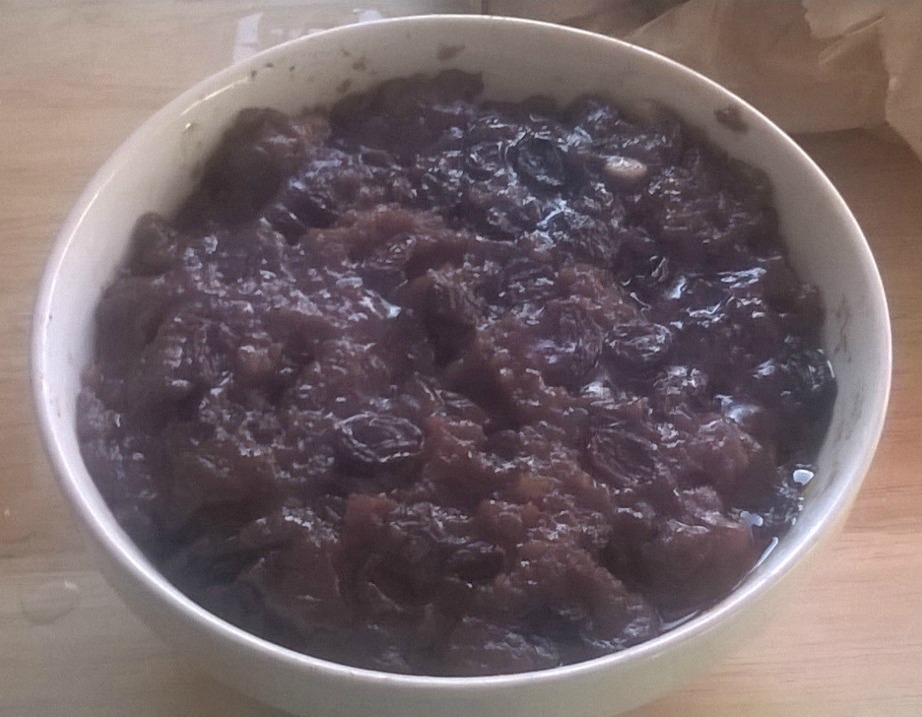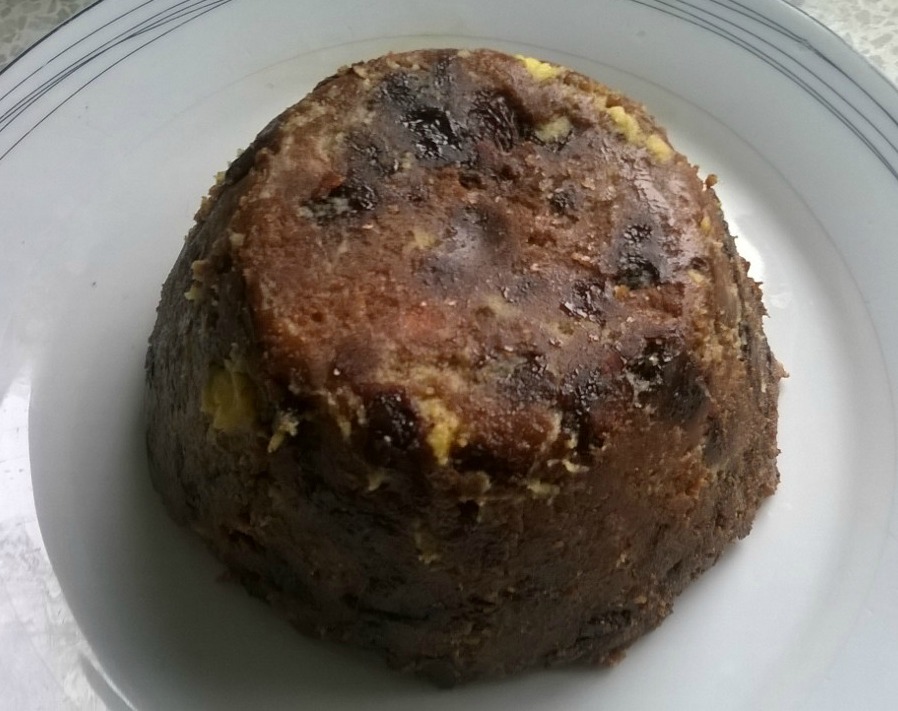
Eczema Bulletin, Issue #017 - Antibiotics and Alcohol
Welcome to December's edition of the Eczema Bulletin e-zine, and thank you for subscribing.
This is the 17th edition of Eczema Bulletin. It will bring you articles and news about eczema, and also any updates to what-is-eczema.com. If you would like to add any suggestions for articles or news, or even add your own then I would love to hear from you
You can contact me here
This month's Eczema Bulletin includes
- December's Featured Article – Antibiotics and Alcohol
- My favourite eczema news article
- Tip of the Month
- 5 Ways To.....manage eczema on eyelids
Featured Article - Antibiotics and Alcohol
As an eczema sufferer you may have been given antibiotics at some stage.
Antibiotics are normally prescribed to treat eczema infected with the Staph aureus bacteria. A course of oral antibiotics for eczema normally lasts around 7 days, depending on the severity of your eczema.
One of the questions asked frequently is 'can I drink alcohol while on antibiotics?'
Some doctors would recommend not drinking alcohol while taking a course. Though some would say that drinking in moderation is fine while on most antibiotics.
Two oral antibiotics used to treat infected eczema are
- flucloxallin
- erythromycin
There are no known adverse effects from drinking alcohol with either of these antibiotics.
One issue is that alcohol may prohibit the effectiveness of the medication. Another is that you may find that you feel slightly more drunk, or feel light-headed quicker. So be cautious about the amount
of alcohol you drink. Remember moderation!
There are a few antibiotics which when taken, when consumption of alcohol should be avoided. These antibiotics are very unlikely to be prescribed to treat a Staph aureus infection.
Always check with your doctor before consuming alcohol when prescribed a course.
Eczema News Article
A link has been established in a study, that suggests that children with eczema exposed to peanuts in household dust are at a greater risk of developing a peanut allergy.
The study, conduted at Mount Sinai, involved 359 children, aged 3 – 15 months. These children had a higher risk of developing a peanut allergy as they already may have a milk or egg allergy, or be an eczema sufferer.
Children with severe atopic dermatitis were found to be at a higher risk of developing a peanut allergy. This suggests that exposure to peanuts in their environment, while having a defective skin barrier, could cause the increased risk.
More research is needed to definitely say what can be done to limit this risk. The leading researcher in the study, Scott H. Sicherer, MD, says “We need to see if early interventions, such as earlier food consumption, improving the damaged skin barrier, or reducing household exposure will counter the development of the allergy”.
Tip Of The Month - Making An Allergy Free Christmas Pudding
Most traditional Christmas puddings contain ingredients that can cause some food allergies. Some of these allergies can make the symptoms of eczema worse, including wheat, gluten, dairy and nuts.
One way round this is to either buy one already made from a shop, which may be a little expensive. Or you could make one yourself. You can add whatever you want to it! You could add a touch of brandy or apple juice. You could also try adding some dried fruits, like apricots, prunes or cranberries.
I decided to try and make one this year. I am not a baker and have never made a Christmas pudding in all of my 40 years! So I decided to look for an easy, tasty sounding recipe. I found the following recipe. I made it, and took a couple of pictures :)
A couple of the ingredients may sound abit odd to be in a Christmas pudding but it works.
I was abit worried about it holding together because I had read that gluten free flour doesn't bond things together
well. But this recipe worked well.
Allergy Free Christmas Pudding Recipe
This recipe makes 2 large puddings. And after making the mixture it is left for 24 hours, so plan ahead.
Ingredients
- 500g Gluten free flour
- 500g Brown sugar (I used dark brown)
- 500g Suet (I used lard instead. I put the lard into the freezer, then grated it)
- 500g Currants
- 500g Sultanas
- 500g Carrots, grated and raw
- 500g Potatoes, mashed
- 2 teaspoons ground cloves
- 2 teaspoons ground cinnamon
- 2 teaspoons ground nutmeg
Preparation
Mix all dry ingredients together. Add carrots and potatoes and mix well, you will need to get your hands into this one, to mix it.
Stir occasionally over 24 hours as the mix gets more moist.

Measure the mixture into basins, filling them three-quarter full, tie over with greaseproof paper then foil and boil/steam for 5/6 hours. (Mine was cooked in a pressure cooker, for around 6 hours)

You can see the original recipe here
Enjoy the smell while it is cooking, and the taste when you eat it :)



